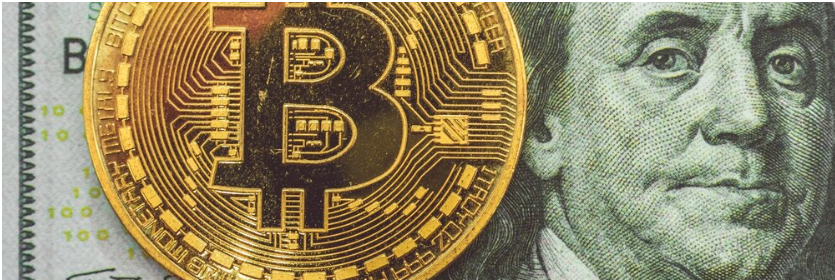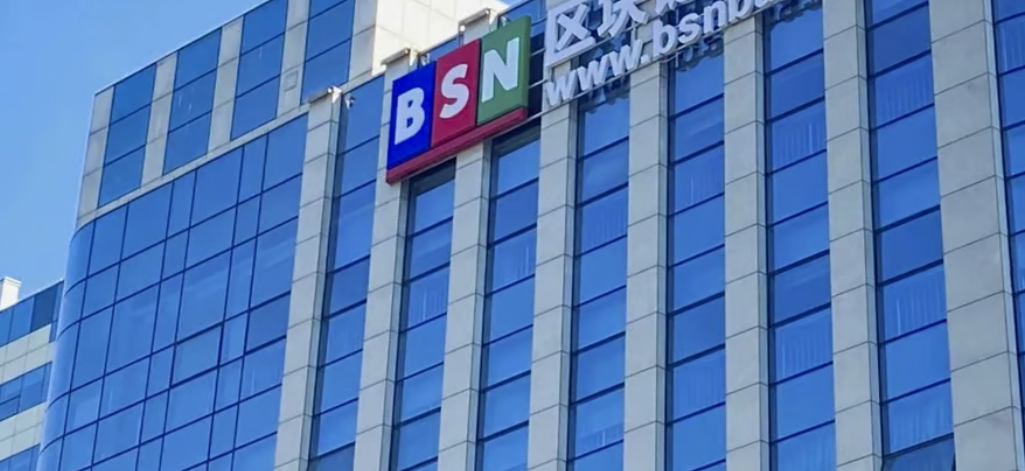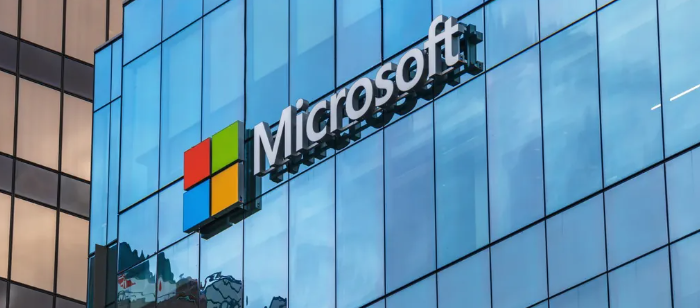SoftBank Group is unlikely to invest in cryptocurrency or other blockchain businesses during the first half of 2023, sources familiar with the Japanese conglomerate’s Vision Funds have told Forbes.
The hiatus began sometime last year. “One of the partners there said, ‘Hey, we’re completely sidelined for the rest of the year, maybe the first quarter or two,” says a source familiar with SoftBank investments who requested anonymity.
Another source familiar with the technology-based conglomerate headed by Masayoshi Son, who also requested anonymity, says Softbank is concentrating on “long-term” projects and its Vision Fund team “continues to evaluate opportunities.”
A grim quarterly earnings report, including a $5.9 billion loss in the company’s fiscal third quarter and a more than 90% decline in initial investments, combined with falling crypto market value, has crushed the expectations of high returns in the sphere of digital assets.
SoftBank did not respond to requests for comment from Forbes.
Macquarie Capital analysts attributed the slowdown in initial investment in part to cash on hand from its portfolio companies: 94% of SVF’s portfolio companies have enough money to finance operations for the next year, according to an analysis by February 15.
But the company has not publicly invested in any cryptocurrency-related projects since June, when its Vision Fund 2 co-led a $66 million round for InfStones, a blockchain infrastructure company. Vision Fund 2, home to most of SoftBank’s blockchain and cryptocurrency portfolio companies, has lost $16.7 billion since its inception in June 2019 on $49.9 billion invested, according to a February report. The company has lost $34.5 billion on its Vision Funds since the start of its fiscal year in April.
“New investment is expected to remain almost non-existent for SoftBank for now,” says Rolf Bulk, an equity research analyst at Singapore-based New Street Research. “I would expect them to stay very defensive.”
Some companies that had previously raised capital from SoftBank have turned to alternative sources.
Non-fungible token studio Candy Digital, home of Major League Baseball’s official collection of NFTs, raised $100 million from SoftBank in its October 2021 Series A funding round, which the company said set its valuation at $1.5 billion. . But a January extension of Series A brought just $38.4 million from three venture capital firms: Galaxy Digital, 10T Holdings and ConsenSys. Candid did not disclose the terms of the deal, but people familiar with the matter agreed with a CNBC report that said the round came after Candy’s former parent, Fanatics, decided to sell its stake. Candy did not update its valuation and Softbank did not participate.
LinkedIn data also revealed that SoftBank investor and former Candy Digital board observer Aaron Wong left his post in January. Wong did not respond to a request for comment.
Not surprisingly, a major investment vehicle like Softbank’s Vision Fund 2, which with $56 billion in commitments is one of the world’s largest tech funds, wants to move away from the volatile, high-risk world of investing in crypto companies. especially after a painful year for the industry. Softbank Vision Fund (SVF) investments lost $33.5 billion in the first half of 2022 before the collapse of crypto exchange FTX caused the firm to zero out its $100 million investment in the exchange.
During the crypto VC funding boom in 2021 and early 2022, Vision Fund 2 invested in 14 companies, in rounds of up to $450 million. “These are people who weren’t really looking at their checkbook when they were writing checks,” says the first source familiar with SoftBank’s investments.
Still, cryptocurrency and blockchain investments make up less than 1% of Vision Fund’s holdings, says Paul Golding, senior analyst for digital commerce and payments at Macquarie Capital. There is “continued interest in investing in the basic infrastructure around blockchain that could enable future financial products and services and other technologies,” it adds. “But in general, his exposure is quite cautious.”














